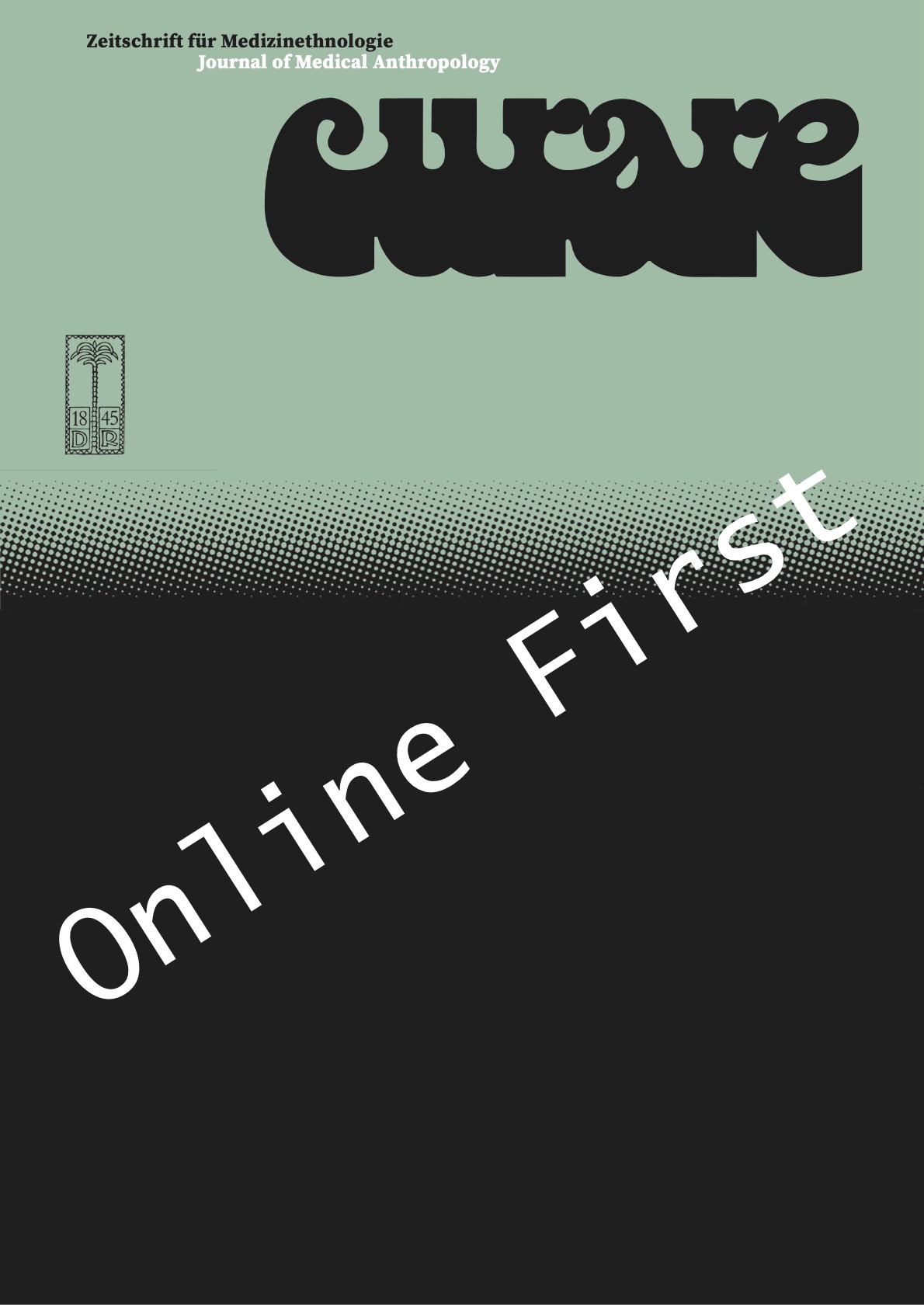Healthcare workers’ experiences during the COVID-19 pandemic in Argentina
A syndemic approach to hospitals
DOI:
https://doi.org/10.60837/curare.v1i1.1823Abstract
The SARS-CoV-2 pandemic put into evidence the need to think in syndemic terms, as all health issues co-exists with environmental, social, economic and political factors that exacerbate any epidemic. In this work we propose the concept of “syndemic” to analyze what happened in public hospitals of Argentina, from a socio-epidemiological perspective. In methodological terms, semi-structured interviews with workers were carried out in two stages: at the start of the pandemic in Argentina, via WhatsApp and through virtual meeting platforms. The content analysis of the narratives makes it possible to identify how health workers, in many situations, are the architects of problem-solving strategies that emerge during the pandemic: managing shortages (of supplies, for example) and providing care – even at risk to their own health. We also identified deliberative spaces of “dialogue-work” among workers (meetings, crisis committees, union activities), recognized as environments of support, care and/or self-care during the pandemic. In these spaces some challenges facing the health sector must be seen syndemically. We conclude by analyzing the potential of applying the concept of syndemic to public health problems and policies in hospital institutions from a socio-epidemiological perspective, highlighting the transformative process of workers to attend to emergency situations. These dimensions are crucial in developing health policies in synch with other processes of socio-epidemiological change, which occur both within hospitals and within the population that uses public health services.
Downloads
Published
Issue
Section
License
Copyright (c) 2024 Curare. Journal of Medical Anthropology

This work is licensed under a Creative Commons Attribution-ShareAlike 4.0 International License.

